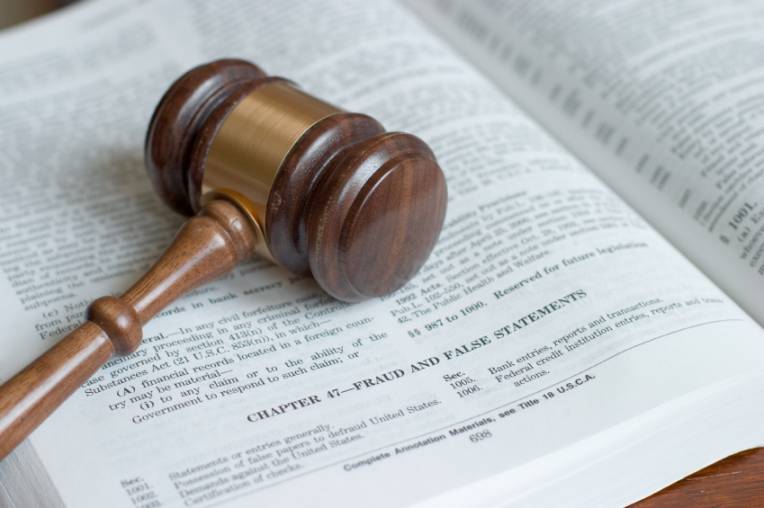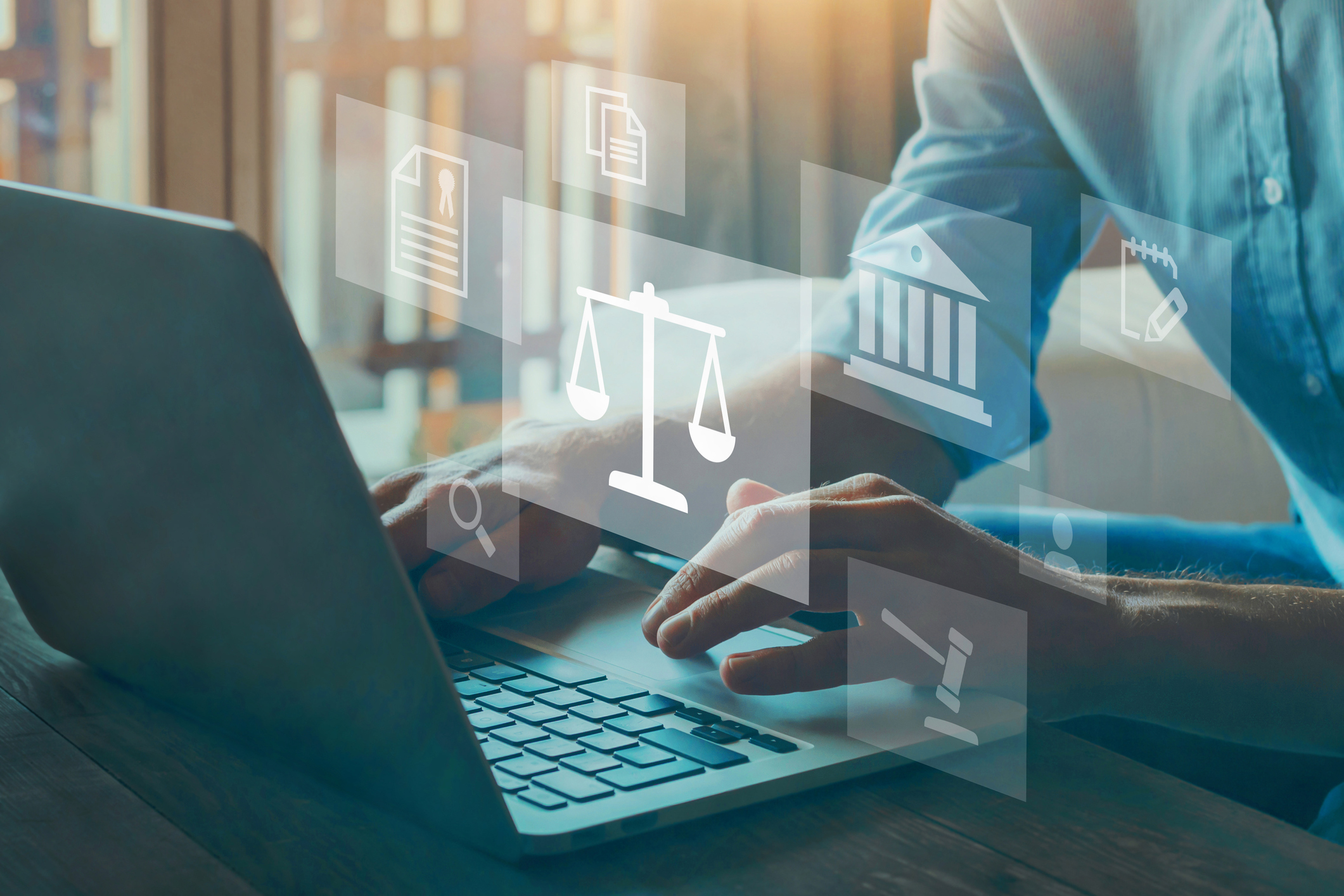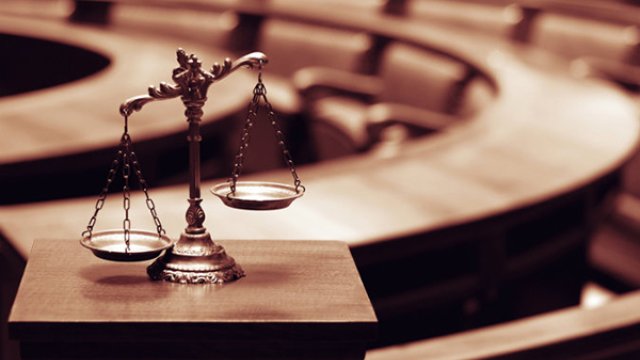Navigating Legal Risks Corporate Liability Demystified
Understanding Corporate Liability
In the ever-evolving landscape of business, corporate liability stands as a formidable challenge for organizations aiming to thrive while remaining compliant with legal standards. From multinational corporations to small businesses, navigating the intricate web of legal risks requires a nuanced understanding of corporate law and a proactive

















:max_bytes(150000):strip_icc()/GettyImages-453569941-569685f95f9b58eba49dcb55.jpg)

